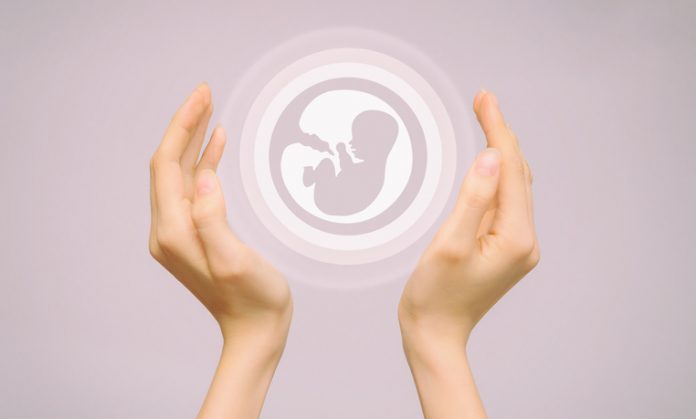More than one thousand delegates from the range of disciplines involved in cancer care across Australia will be present at the Clinical Oncology Society of Australia’s 50th Annual Scientific Meeting in Melbourne, where the disease focus is on breast and gynaecological cancers.
Having a baby is a realistic aspiration for young women undergoing cancer treatment but fertility preservation options must be discussed as early as possible, a meeting of national cancer experts will hear today.
Cancer and cancer treatments create a harsh environment for the growing foetus and many patients will want to explore the possibility of either staging treatments around their pregnancy, or preserving their eggs or sperm for use after treatment is completed. Associate Professor Kate Stern AO, Head of Reproductive Services at the Royal Women’s Hospital, Melbourne says,
“We have resources, services, and new and emerging techniques which are likely to make fertility preservation better and easier.”
Professor Stern also led the development of the COSA guidelines for fertility preservation for people with cancer, which provide evidence- and consensus-based recommendations to assists health professionals discuss and manage fertility preservation for people with cancer.
Preservation options include freezing eggs, ovarian tissue, testicular tissue and sperm. One of many improvements was that pregnancy rates after freezing eggs were now the same as for fresh eggs.
Professor Stern will highlight an existing access gap for rural patients but says, “there is light at the end of the tunnel”. Transport arrangements and other strategies are increasingly able to ensure that patients, even in regional, rural and remote locations have an opportunity for best proactive care.
Professor Stern sums up:
“There is a need for young patients to receive accurate, accessible and timely information about longer-term impacts of their cancer treatment, and to have the opportunity to choose the best fertility preservation options for their circumstances.”








